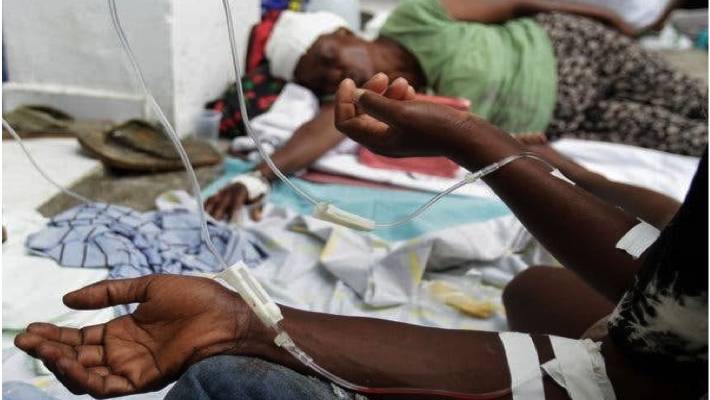Cholera Resurgence in Zimbabwe: A Growing Public Health Crisis
Cholera, a waterborne disease that spreads rapidly in areas with poor sanitation, has made a resurgence in Zimbabwe, despite the country having declared the end of an earlier outbreak. This new wave of cholera cases has raised significant concerns for public health officials, as the country grapples with the aftermath of heavy rains that have exacerbated the spread of the disease. Cholera is typically transmitted through contaminated water or food, and the recurrence of outbreaks underscores the critical need for improved sanitation systems, especially in informal settlements and rural areas.
Zimbabwe had previously struggled with major cholera outbreaks, particularly in 2008, which claimed hundreds of lives. The recent resurgence, which has led to new cases in various regions, has taken the health authorities by surprise. Although cholera cases were initially under control, the heavy rainfall in late 2024 has overwhelmed existing water treatment and sanitation systems, creating favorable conditions for the bacteria to spread.
Local health experts have warned that the rising number of cholera cases could put significant strain on Zimbabwe's already overburdened healthcare infrastructure. Hospitals and clinics are ill-equipped to handle large outbreaks, and there are concerns over the ability of local governments to mobilize resources quickly enough to mitigate the crisis. Health campaigns, including mass vaccinations and public education on hygiene practices, are being rolled out in affected areas to curb the spread.
Additionally, the resurgence highlights the broader issue of climate change and its effect on public health. Zimbabwe's recent floods and storms are not isolated events; they are part of a broader trend of erratic weather patterns that are increasing the frequency and severity of waterborne diseases in the region.
The cholera crisis in Zimbabwe is a stark reminder of the vulnerabilities faced by developing countries with fragile healthcare systems. Immediate action, including investments in clean water infrastructure and sanitation, is crucial to prevent further loss of life and contain the spread of the disease. As Zimbabwe works to address this urgent challenge, the international community must remain vigilant in supporting efforts to tackle waterborne diseases and promote better sanitation practices.



No comments yet
Be the first to share your thoughts!